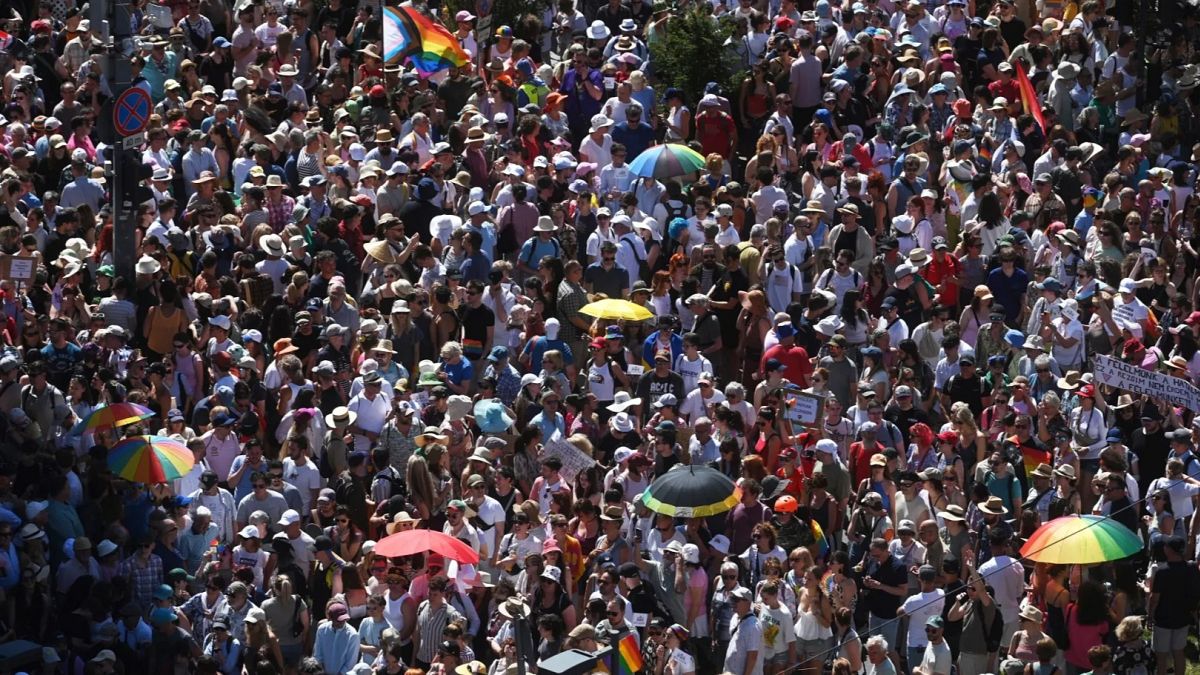

The world is witnessing a nuanced interplay of rights, responsibilities, and international relations. From vibrant city streets to global political stages, recent events underscore the delicate balance required to navigate these complexities. Let us take a calm and clear look at some of these significant developments, contemplating their implications and underlining the importance of communication and understanding in fostering positive change.
In Hungary, a discussion around the rights of the LGBTQ+ community has gained significant attention. Hungarian police have been questioning the mayor of Budapest in relation to a banned Pride march. The march, a celebration advocating for LGBTQ+ visibility and equal rights, was seen by Prime Minister Viktor Orbán and his party as a potential infringement on children’s rights to moral and spiritual development. This situation invites reflection on how societies can honor diverse values while ensuring individual rights are respected, offering an opportunity for dialogue that seeks to bridge gaps between differing perspectives.
Meanwhile, Germany finds itself in a pivotal role concerning international relations, particularly with Israel. As a traditionally steadfast ally, Germany is navigating a path of constructive criticism amidst escalating tensions in Gaza. German Foreign Minister voiced the nation’s responsibility to prevent Israel’s international isolation, even as Germany calls for increased humanitarian aid to the region. It’s a delicate balance between advocating for peace and maintaining long-standing diplomatic ties. During such times, the language of diplomacy and compassion can be instrumental in fostering mutual understanding and supporting efforts toward conflict resolution.
Simultaneously, the realm of digital communication is under scrutiny in the UK, as the Online Safety Act and the proscription of the activist group Palestine Action raise concerns among rights bodies. These measures highlight potential risks of censorship, particularly relating to content about Gaza. Organizations such as the Open Rights Group and Index on Censorship have urged regulatory bodies to clarify guidance for platforms on distinguishing between lawful expression and content perceived to support terrorism. This underscores the importance of ensuring that freedom of speech is preserved while maintaining safety and security online. Careful consideration and clear guidelines are vital to navigate the digital age’s challenges without stifling public discourse.
As we observe these developments, it is clear that maintaining open channels for dialogue and understanding is crucial. Whether it is about standing up for minority rights, ensuring diplomatic ties are upheld, or safeguarding free speech, the common thread is the human capacity for empathy, respect, and respectful negotiation. By calmly engaging with these issues, we not only promote a more harmonious world but also enhance our global community’s resilience in facing future challenges.
Source: {link}
